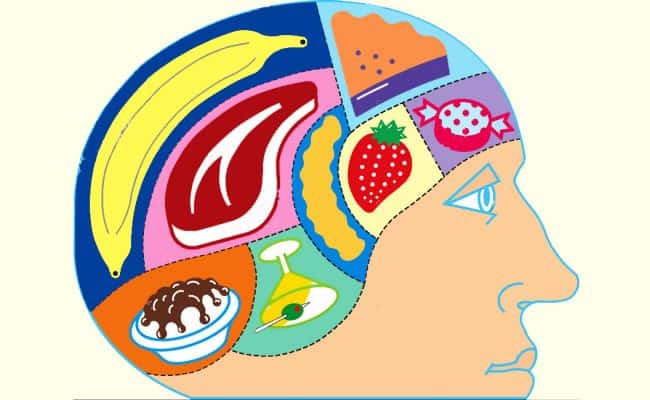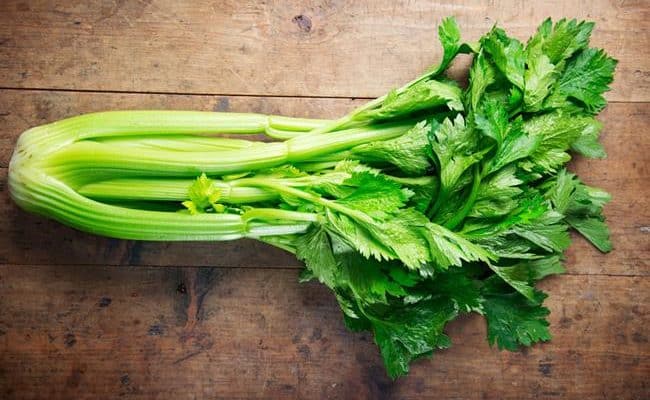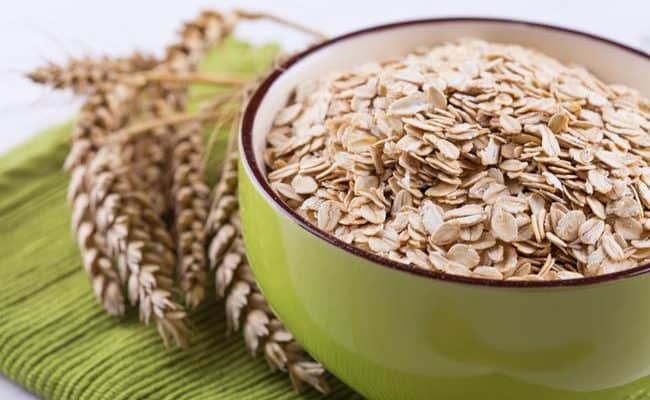
Poor digestion can be very uncomfortable and leave you feeling heavy, bloated and even sick. The good news is that certain foods and drinks have different effects on digestion, so by choosing foods that aid the process and avoiding those which can cause discomfort, you can help digestion as much as possible.
Everybody is different when it comes to how the digestive system functions, and certain foods and drinks which cause no problem for some people can be triggers for others.
Here are listed some common ways to help digestion, but be aware that they may not work for everyone and trial and error is the best way to identify foods that disrupt your digestion.
Eat plenty of fibre
Fibre keeps the gut healthy by ensuring everything flows through nicely, preventing constipation and uncomfortable digestion issues. There are two main types of fibre that are important for a healthy gut and good digestion.
The first is soluble fibre which dissolves in water and forms a gel like substance which slows down digestion. This delays stomach emptying and helps you stay fuller for longer, which is important for weight loss. Good sources of soluble fibre include oatmeal, lentils, apples, oranges, peats, nuts, strawberries, beans, carrots and celery.
Perhaps even more important for good gut function is insoluble fibre, which has a laxative effect and prevents constipation, speeding up the passage of food and waste in the digestive system. These are commonly found in whole wheat, whole grains, wheat bran, seeds, nuts, couscous, most vegetables and fruit. Ideally a combination of these two types of fibre will keep digestion working optimally.
Drink fluids
Water and other fluids help to soften stools and keep food and waste moving through the digestive system smoothly. Drinking plenty of fluids is particularly important if you have a high fibre intake as lots of fibre without fluid to help it do its job tends to result in constipation.
Avoid very fatty foods
For some people high fat foods can be difficult to digest and cause discomfort. Sometimes avoiding fatty fried foods can be a good way to avoid this, so try to choose low fat cooking methods and reduced fat versions of products such as milk.
Steer clear of spicy options
Spicy and hot foods are another common trigger of digestive discomfort. Strong spices such as chilli as wells as milder flavours such as garlic and onion can often cause heartburn, diarrhoea and stomach pain, especially if you are not used to them.
This is not the case for everyone though, and many people have no problem digesting these types of food.
Try Probiotics
Probiotics are the good bacteria that exist naturally in our guts and help to keep it healthy and working as it should. Sometimes this supply can get depleted, especially with some types of medication such as antibiotics.
People on these types of medications, or those with regular digestive issues such as irritable bowel syndrome may benefit from taking probiotics in the form of supplements or in an enriched food such as yogurt or a probiotic drink.
Don’t expect immediate results though; it can take up to four weeks of taking probiotics regularly before any result is seen.
Avoid carbonated drinks
Carbonated drinks filled with gas are only adding extra gas to your system, which can lead to indigestion, bloating and heart burn. Some of these drinks are also quite acidic which can upset the balance of the stomach and cause discomfort.
Artificially sweetened beverages also often have a laxative type effect due to the replacements used instead of sugar.
Be aware of personal triggers
No two people are exactly the same when it comes to the digestive system and it is common for people to have individual triggers that do not affect others. If you have problems with a specific food regularly, avoid this food in the future.
If it is a food or food component such as wheat products, lactose or fructose, it is a good idea to see a doctor or dietician, as it is possible food intolerance exists. Frequent digestive issues should always be investigated by a health professional as an underlying condition such as IBS, Celiac disease or lactose intolerance need to be ruled out.
Cut back on caffeine
Caffeinated beverages such as coffee, tea, energy drinks and sodas can have a negative effect on the digestive system. They tend to raise the acid content of the stomach, which can lead to acid reflux, or heartburn. If this is a problem for you, stick to more neutral options such as water, milk, and herbal tea.
Avoid acidic foods and drinks
Very acidic foods and drinks can also raise the acid content of the stomach, leading to discomfort. Vinegar, lemon juice and even wine may cause abdominal discomfort, as do some fruit juices and acidic fruits. If this is a problem for you, avoid these foods or limit quantities that are eaten at one time.
Eat slowly
When you eat fast it is often easy to take in a lot of air as well as food, which can lead to excess gas. Take your time over food and chew it properly to avoid this problem.
Remember, problems with digestion, whilst common can also be a sign of an underlying condition. For this reason it is important to visit a doctor if you have reoccurring discomfort or digestive issues.










